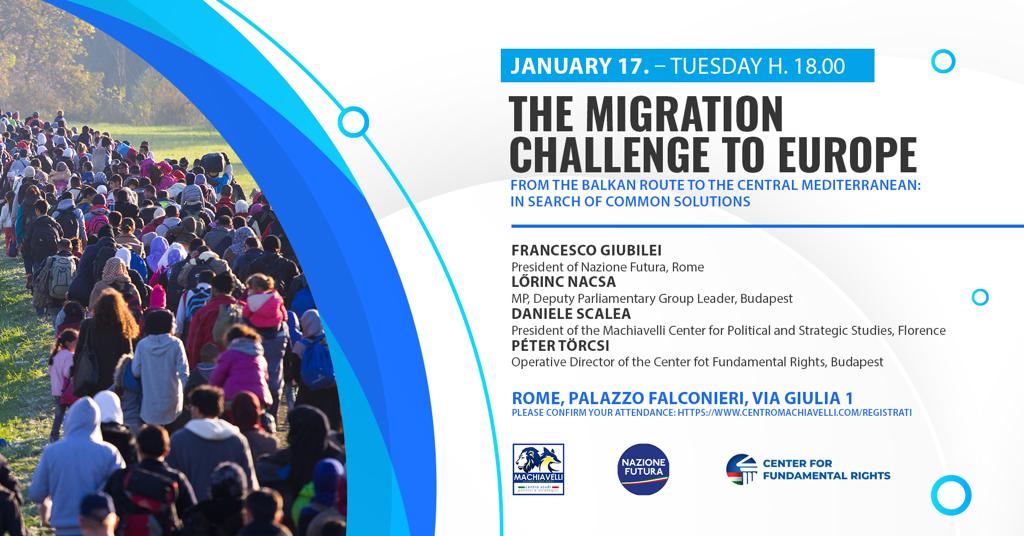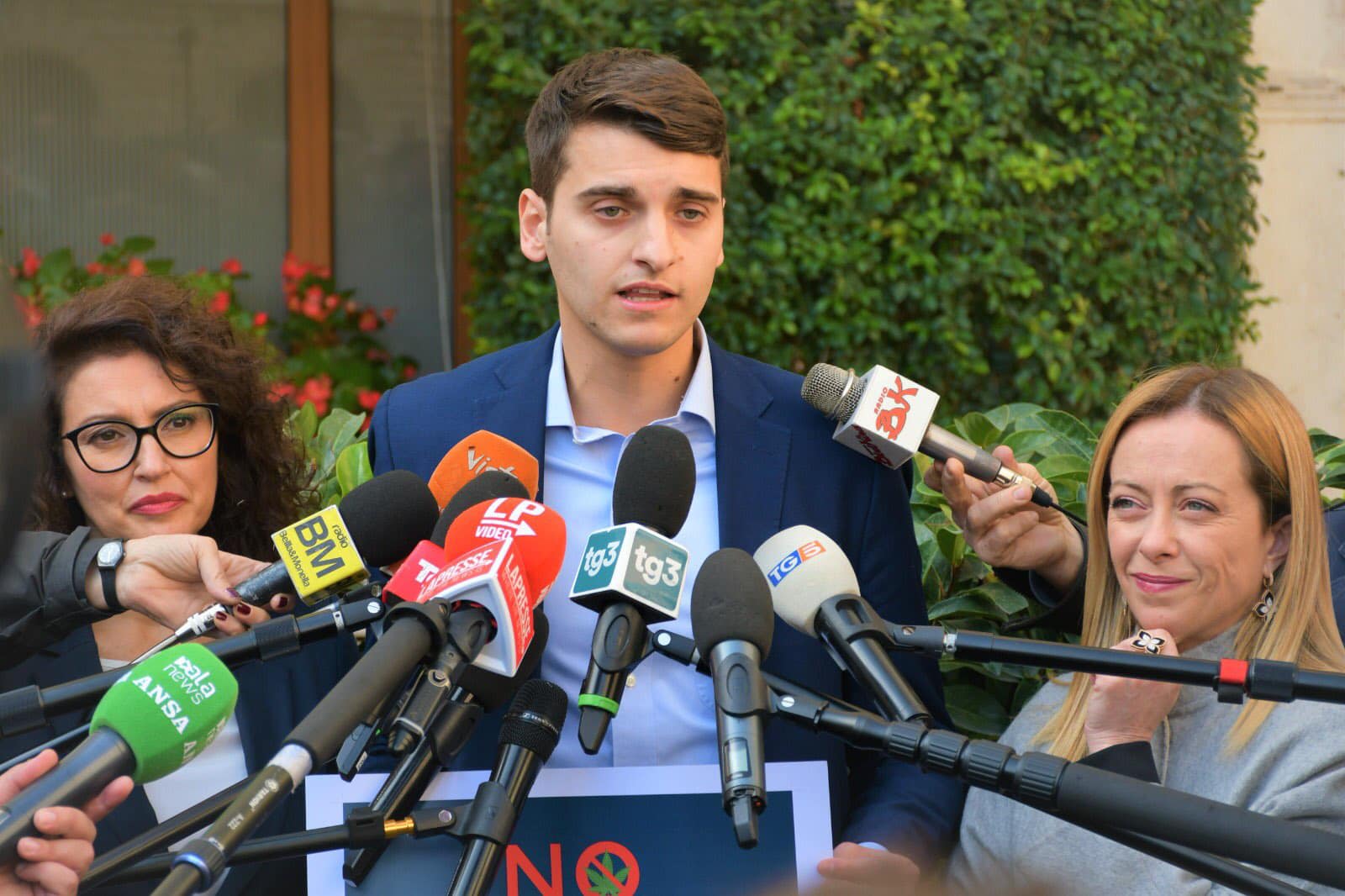
Calling for the distribution of migrants arriving in Europe will both increase migration and create friction between member states, according to the president of the Centro Studi Machiavelli.Continue reading

Conservatives from around the world are gathering in Hungary to attend the CPAC Hungary conference. We sat down with Francesco Giubilei, one of the speakers, who is President of the Italian conservative Nazione Futura think tank to discuss the conference, the cooperation of conservatives, and also the performance of Italy’s government.
Hungary is the first European country to host CPAC. Why is that so? What does it say about Hungary’s role and influence in the conservative movement?
In recent years Hungary has become a hub for conservative think tanks and foundations in Europe, from this point of view, there is a buzz that is unparalleled and has led to the organization of numerous conferences, and major international events. CPAC is undoubtedly one of the most important ones with worldwide influence. The credit for bringing this initiative to Europe goes to the Center for Fundamental Rights and its director, Miklós Szánthó who had the intuition to organize an event where both European and American intellectuals and thinkers participate.
What do you expect from this year’s CPAC Hungary? In which topics do you think would be the most important for conservatives around to world to find common ground?
First of all, the ability to network and create collaborations between conservative thinkers and entities in the West. What has been lacking in the past has been the ability to create synergies, since a few years, things have changed, and this is undoubtedly important. Beyond that, there is a need to share themes and a common agenda as much cultural as political. From a cultural point of view, two macro topics that unite conservatives are the defense of freedom and the opposition to political correctness.
They are actually two issues that go hand in hand because there can be no freedom if political correctness and cancel culture triumph.
Your organization, Nazione Futura, and CPAC Hungary’s host, the Center for Fundamental Rights, both take part in the cooperation of conservative think tanks. What is the goal of this cooperation? What results have you reached together?
It is a path that we started together a few years ago, and it has led to important results with many initiatives organized all over Europe and the creation of a relationship between the conservative political and cultural worlds that did not exist until a few years ago. Our goal is to bring forward issues shared by all conservatives at the European level by overcoming that stereotype (which has no reason to exist) that conservatives are against Europe. No, if anything, conservatives are against the ideological policies of the European Union, which is quite another thing.
How is Italy’s new government doing when it comes to the protection of conservative values?
The new government has only been in office for a few months but is working very well both on economic issues (Italy’s economy is growing), labor policies and on energy and foreign policy. The premier has carried out many successful missions in Africa and, thanks to the so-called Mattei plan, has implemented a successful energy policy. On the other hand, from a cultural point of view, the government wants to give proper space and recognition to conservative ideas, values, and personalities. As an advisor to the Minister of Culture on youth policies, we are focusing on the need to ensure pluralism in major events and manifestations.
In what areas do you think it is important for the Hungarian and the Italian government to cooperate?
There are numerous issues of cooperation between Italy and Hungary. Our two nations are historically friends, and not as of today. Certainly, the economy is an important area of cooperation with strong import and export between the two countries, and that can grow in the coming years. At the same time, Italy is experiencing a demographic winter and a declining birth rate, and the demographic policies of the Hungarian government can be taken as an example. Then there is the issue of immigration; it is true that there are some differences in this area but both governments agree on one thing: it is necessary to fight and stop irregular immigration.
Featured photo via Facebook/Francesco Giubilei